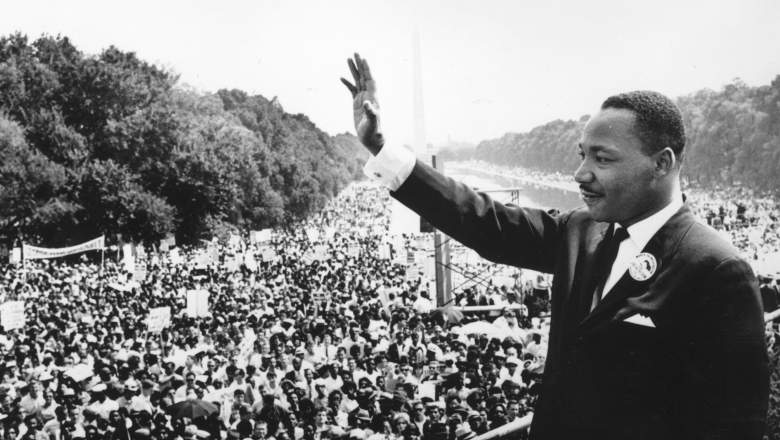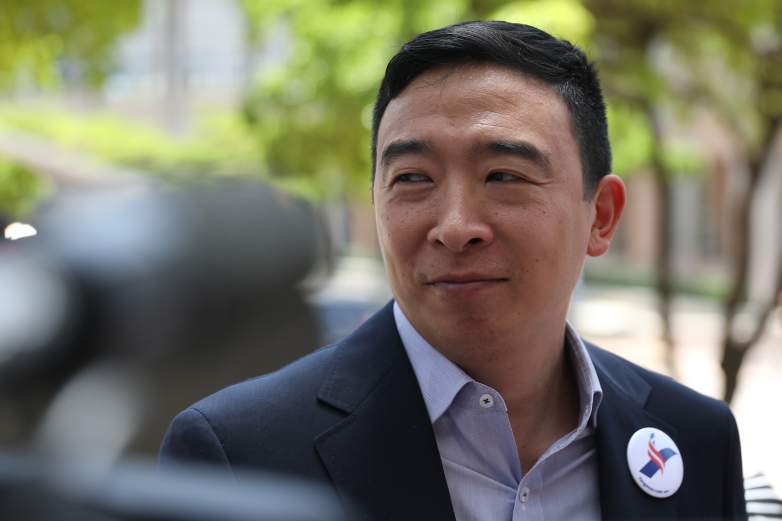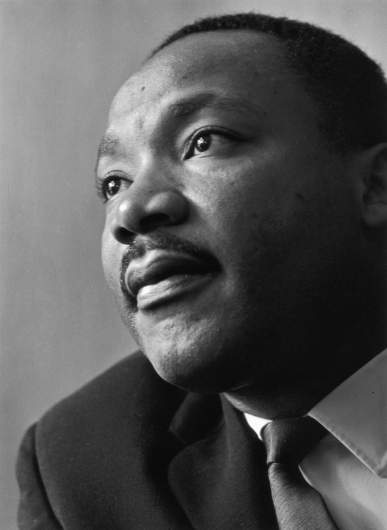
2020 Presidential candidate Andrew Yang will take the stage tonight for a chance to officially solidify himself as an outside threat in the 2020 Democratic primary.
Yang’s main policy proposal is to provide every American citizen who wants it a Universal Basic Income (UBI) of $1,000 dollars a month. He calls the proposal the Freedom Dividend.
“Andrew would implement a Universal Basic Income, ‘the Freedom Dividend,’ of $1,000/month, $12,000 a year for every American adult over the age of 18,” Yang’s campaign website reads.
When asked about the legitimacy of UBI, Yang points to major political and economic figures in American history who were advocates of Universal Basic Income. Some of those figures include Milton Friedman and Thomas Paine. Yang even points to the state of Alaska as a success story of basic income.
Another major American figure Yang points to as a supporter of UBI is civil-rights hero Martin Luther King Jr.
Towards the End of His Life, MLK Organized the ‘Poor People’s Campaign’

Getty Andrew Yang
At the end of his life, Marin Luther King Jr. began an intense fight against poverty. He had planned to lead a march in Washington D.C. to show how big of a problem poverty was for all of Americans.
According to The Atlantic, Dr. King was planning on leading a rally that would end in erecting a giant ‘tent-city’ across the National Mall in D.C.
The Nation’s Mark Engler reports, that in one of Dr. King’s last speeches he challenged the idea of government not being responsible for the poverty taking place in a government’s particular country.
“If a man doesn’t have a job or an income, he has neither life nor liberty nor the possibility for the pursuit of happiness. He merely exists,” Dr. King said in one of his last sermons.
Engler wrote that Dr. King wanted “to dramatize the reality of joblessness and deprivation by bringing those excluded from the economy to the doorstep of the nation’s leaders,” with his “Poor People’s Campaign.”
MLK Thought the U.S. Government Was Trying to Solve Poverty Indirectly
In Dr. King’s last book before his assassination, 1967’s Where Do We Go From Here: Chaos or Community? MLK argued for the direct confrontation of poverty, per The Atlantic.
“The programs of the past all have another common failing—they are indirect. Each seeks to solve poverty by first solving something else,” Dr. King wrote.
According to Big Think, MLK thought the United States was trying to combat poverty by focusing on specific problems, writing, “lack of education restricting job opportunities; poor housing which stultified home life and suppressed initiative; fragile family relationships which distorted personality development.”
Dr. King Said the Government Had Two Options to Confront Poverty – Provide the Jobs or Provide the Income

Getty Martin Luther King Jr.
MLK made clear that he thought that American society, at the time, and capitalism, as a whole, could never eliminate poverty. He organized his plan simply, with two options: either the government provides the work, or the government provides the income.
“The problem indicates that our emphasis must be two-fold. We must create full employment or we must create incomes. People must be made consumers by one method or the other,” Dr. King wrote. “Once they are placed in this position, we need to be concerned that the potential of the individual is not wasted. New forms of work that enhance the social good will have to be devised for those for whom traditional jobs are not available.”
What he deemed a guaranteed income Dr. King said the easiest way to confront poverty was to provide a minimum income to all, per Big Think.
“I’m now convinced that the simplest approach will prove to be the most effective — the solution to poverty is to abolish it directly by a now widely discussed measure: the guaranteed income,” Dr. King wrote.